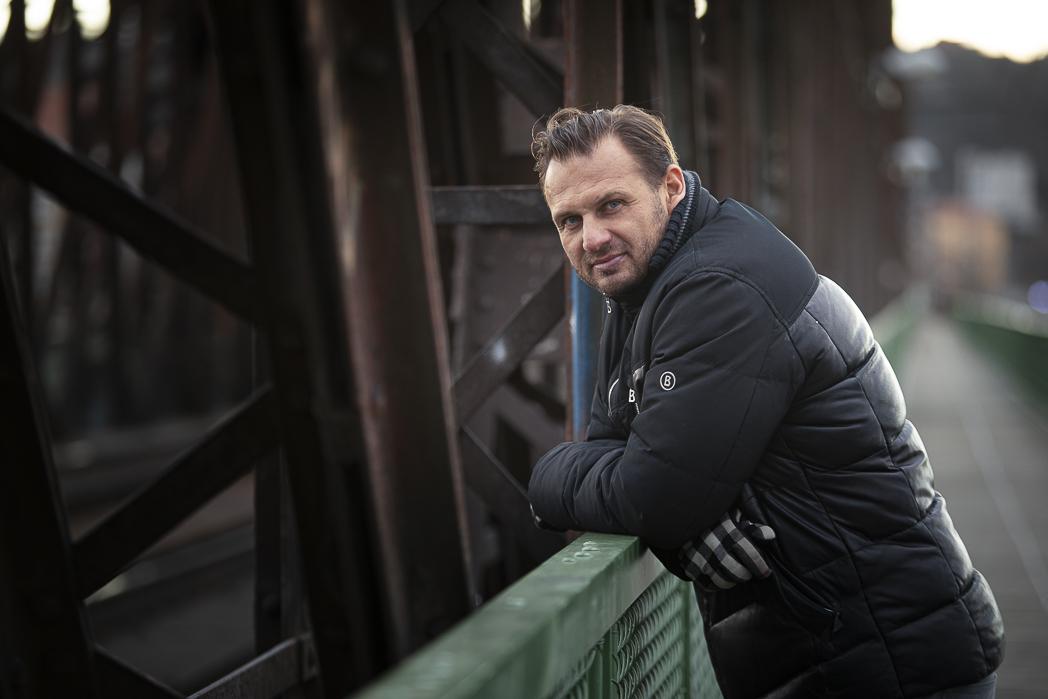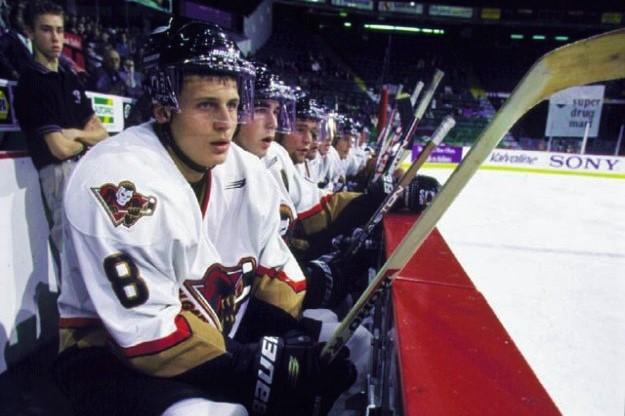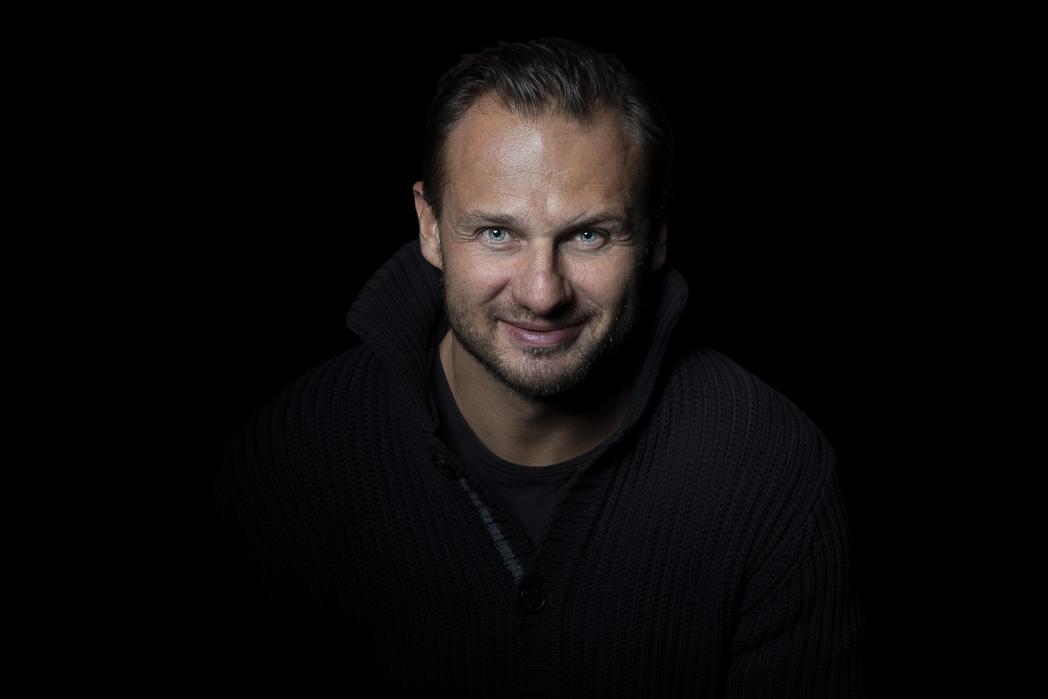That look of mine
Pavel Brendl
ice hockey
From the scrum in front of the Swiss goalie, out flew the puck. It bounced right to me and I had a chance to shoot. I felt, rather than saw that the only place to shoot was a tiny window next to the post on the ice. I shot it immediately. I wasn't aiming, I just hit it.
Behind me on the bench was the national team GM, Zbyněk Kusý. After the game he told me that he had never seen something like that in his entire life.
“I clearly saw the tiny spot, it was just about big enough for a puck,” he said. “You hit it so well! There was no other way to score.”
That goal put us in the lead in the quarterfinals of the 2001 Junior World Championship. The Swiss were tough opponents, though. They turned it around and it was 3-3 at the start of the third period. And then I scored again, this time the game-deciding goal. Václav Nedorost found me in front of the net, and although I had an opposing player on my back, I fired a shot past the goalie.
It never bothered me when someone chased me and chopped my legs. It was the other way around actually. I scored more in situations like that because I followed instinct and I always seemed more focused. It was worse when I had too much time to think. If I could re-evaluate the situation three times, I would just shoot into the goalie.

I enjoyed that match against the Swiss. It was a do-or-die game, and I was on the ice all of the time. The semifinal and final were a different story. Although we managed to break through and win the gold medal, I had mixed feelings in the end. I was delighted that we were the champions, but on a personal note, the finale of the tournament didn't satisfy me in any way because I barely played. The coaches moved me around as if every second I spent on the ice would threaten the outcome.
If there was a faceoff in the defensive zone, while my line went on, I was left sitting on the bench while someone else was on ice, most often Martin Erat, a kid who later experienced a fantastic NHL career. He was one of the best Czech hockey players ever in the NHL. I cheered for him and wished him the best. It was just that at that given moment in my 20s, I couldn't understand why the coaches were taking me out and giving my spot to someone else.
It was only when we went on offense that Martin came off and I could jump back into the game. Twenty seconds on and I’d go right back to sitting again. I pretty much didn't play in the gold medal. I had been the most productive player of the championship; a guy whose plus-minus rating wasn’t bad. There was no reason to be afraid to send me on the ice.
We got a lead early in both of those games, and in the end, played out tight wins and won gold. It was awesome, but I wanted to play and I wanted to decide the games earlier, not to play it safe so someone scores on a power play and we’d have to go to overtime. I didn't want to settle for the 1-0 result and just defend it. I wanted to win 4-0. At moments like those I used to be at my best. The opponent pushing us, the puck thrown away from our net, me breaking off and putting it in. I loved those situations.
That's when, at the famous golden U20 in Moscow, coaches and their approach started to ruin hockey for me. I got downright disgusted. They started making me a power-play, offensive specialist who was not worth using in different situations. Power play. Are we losing? Okay, Brendl, go and score. Are we leading? No, wait, you're not going out now.
While everyone was celebrating our win, I slowly started losing interest in hockey. Not the game itself. I've always loved it and I still do to this day. I was tired of the way the coaches were treating me; who I was in their eyes: A one-dimensional player.

The transition into adulthood strengthened this more and more and I only remember short moments when I felt like I could play the way I wanted. Such moments didn’t exist in the NHL, with minor exceptions, and I never played anything close to a complete season there. After the results I had in juniors, after being drafted fourth overall in 1999, and after my performance with the youth team, there was a lot more expected of me. I believed that I would make a much more significant mark on the league. It didn't happen, partly because of some things that I couldn't affect, partly because of mistakes I made.
It was a combination of bad coaches and my bad decisions. And that look of mine. The expression on my face where I cannot hide anything. Coupled with my desire not to be seen in the news, I earned the reputation of a weirdo.
I don't think what was said about me was true. I don't think being private or secretive is a reason for condemnation. I don't even agree with the notion that I had a miserable career because the NHL didn't work out, as others often perceive it. But I stopped worrying about what others thought. I knew who I was.
Only members of the Klub Bez frází can read further
For 199 CZK a month awaits you the plot of this and many other inspirational stories of czech athletes.

Vstoupit do Klubu
Inspirativní příběhy vyprávěné výjimečnými sportovci, jedinečné texty od novinářských osobností plné překvapivých souvislostí, podcasty nabité informacemi a setkání s osobnostmi. Pohled na sportovní svět tak, jak ho jinde nenajdete.
Did you like the story? Please share it.



